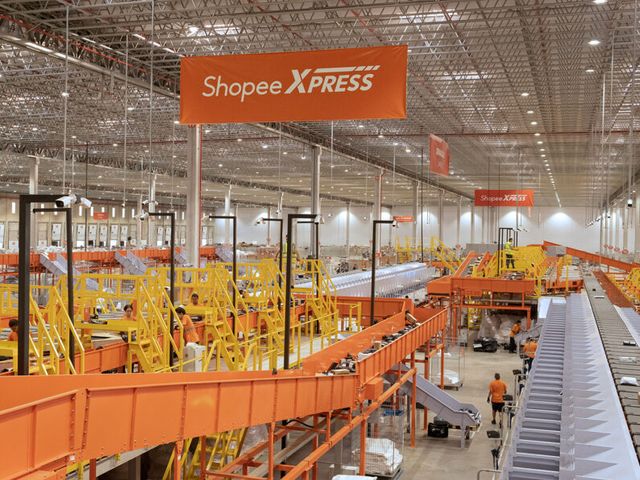
Shopee’s logistics expansion in Brazil is a clear example of how an efficient logistics operation can drive growth and consolidate a company as a market leader. This case reinforces that the future of logistics is vital for large corporations, involving investment in technology, automation, integration, and operational agility.

In 2025, Shopee expanded its logistics network with more than 13 distribution centers, 180 hubs, and over 3,000 collection points. The company also invested in dedicated air transport between São Paulo and Manaus to accelerate deliveries in the North region.
The average delivery time dropped by more than two days in the second quarter compared to 2024, with 25% of orders delivered the next day in Greater São Paulo and 40% within two days.
Fast operations were expanded to Belo Horizonte, Rio de Janeiro, and more than 75 cities across the country, making the consumer experience a competitive differentiator.
Today, 90% of Shopee’s sales are made by domestic merchants, generating a positive impact across the entire supply and logistics chain.

The future of logistics in Brazil involves automation, artificial intelligence, and multimodal integration to connect maritime, air, rail, and road transport with efficiency and traceability.
Technologies such as IoT, Big Data, blockchain, and Digital Twins ensure real-time monitoring, simulation of supply chains, and operational transparency.
Sustainable logistics—with electric vehicles, emissions reduction, and route optimization—is a growing demand and a decisive factor for corporations.
Leading companies are investing in infrastructure, fulfillment centers, and flexibility to meet the growth of e-commerce and the expectations of Brazilian consumers.
Companies that prioritize logistics modernization gain competitive advantages—just like Shopee, which has raised delivery standards, expanded its customer base, and turned logistics operations into a strategic pillar of its business.
Automation and digital integration are no longer trends but essential elements for global competitiveness.
Brazil presents challenges but also immense opportunities for those who invest in logistics innovation and sustainability.
This set of practices and innovations transforms logistics from a support service into a competitive differentiator, showing that the future of logistics is a central piece for the success of large companies in the Brazilian market.